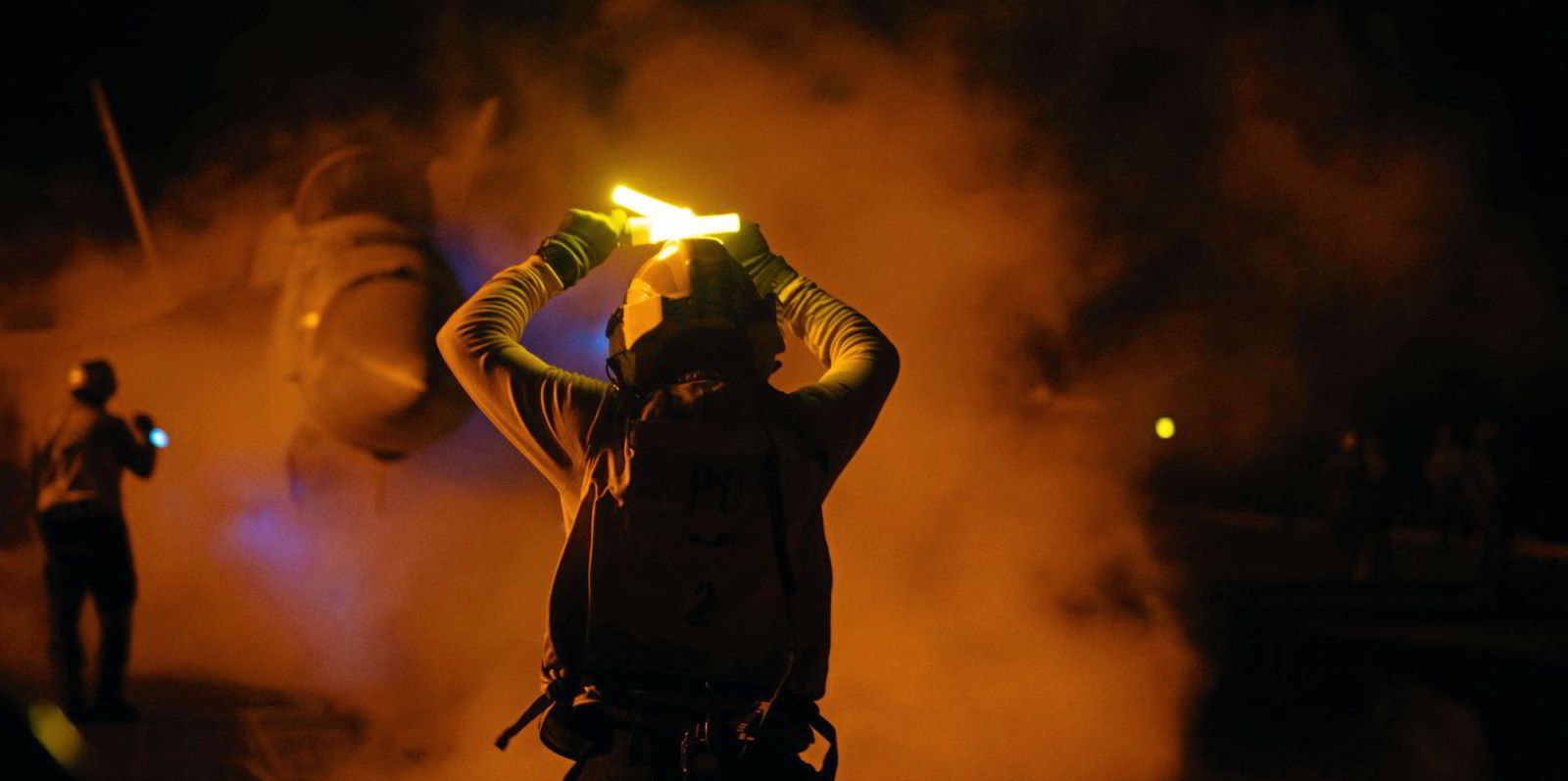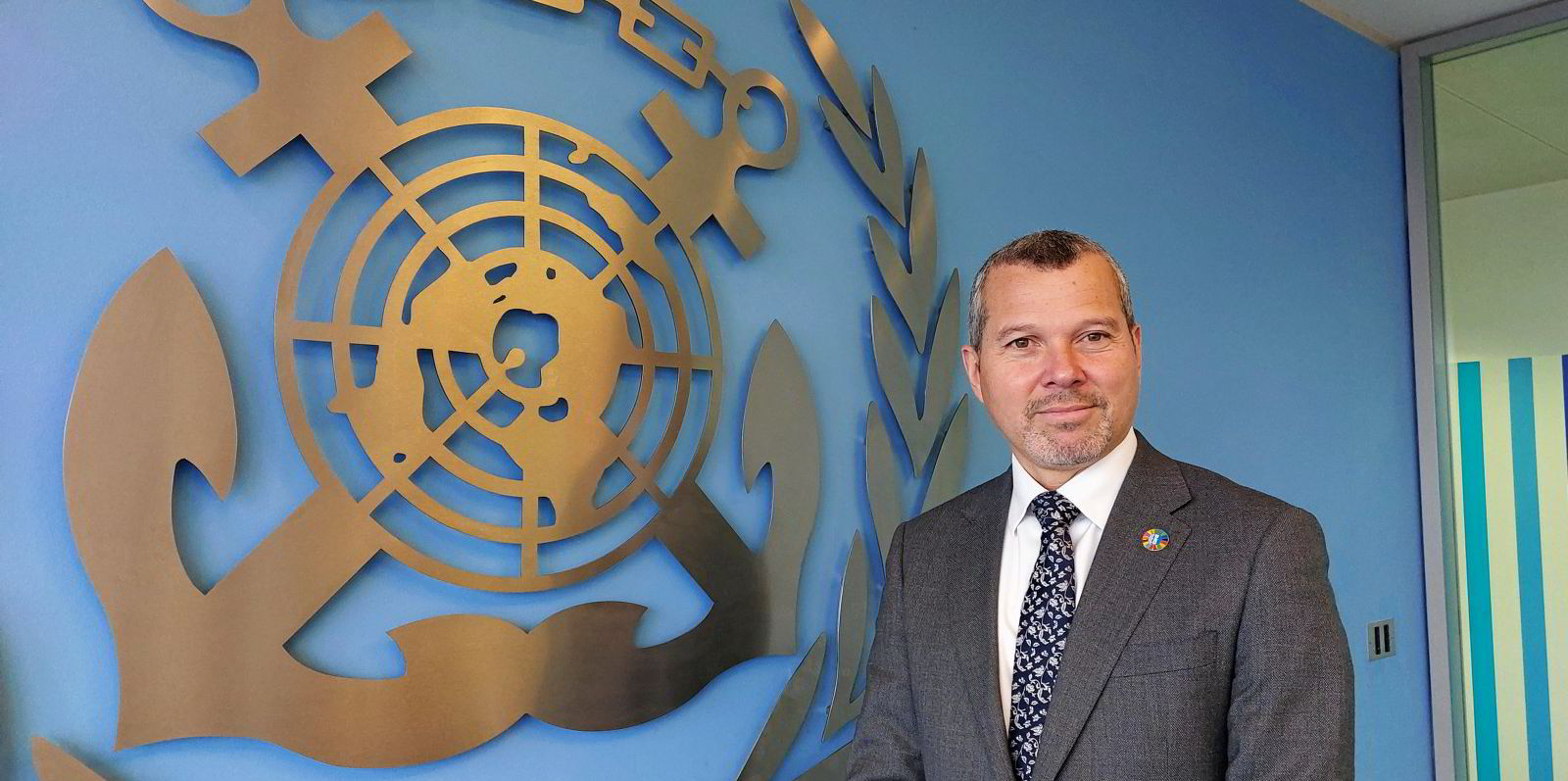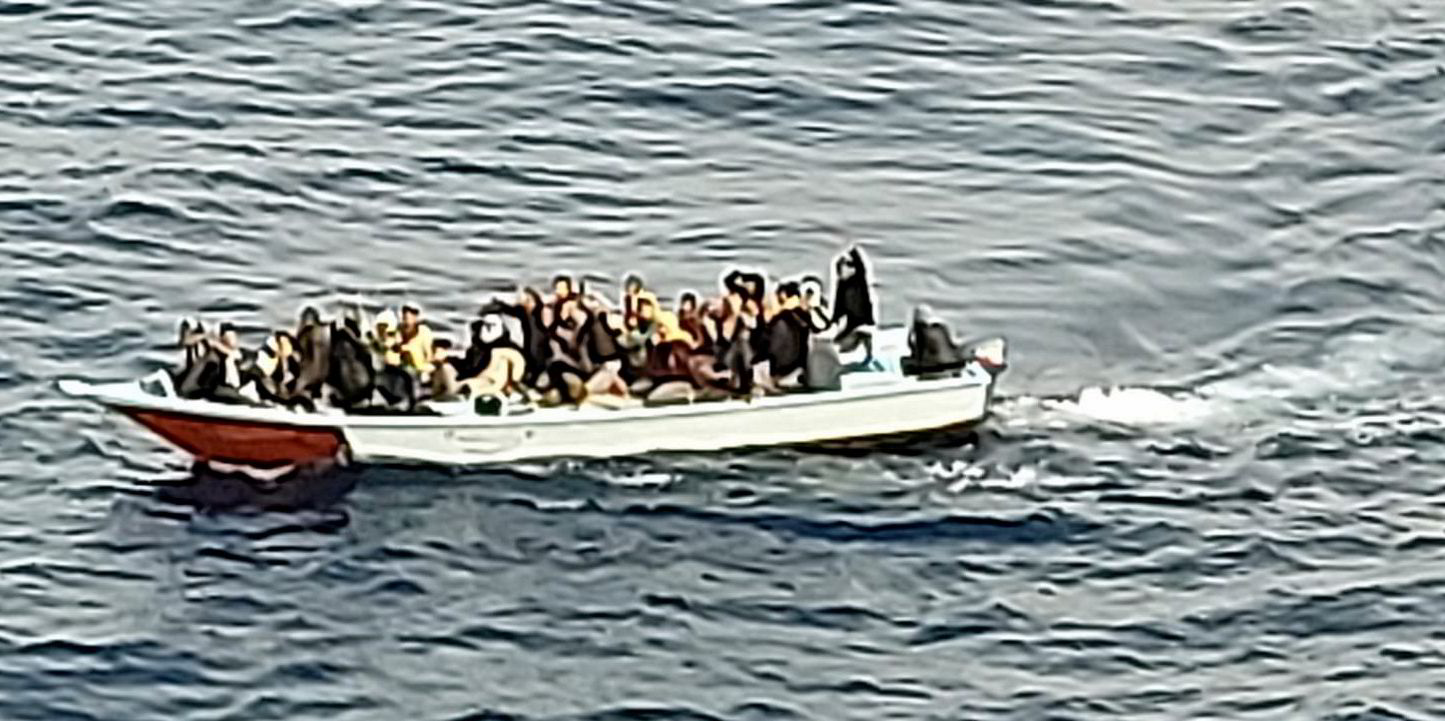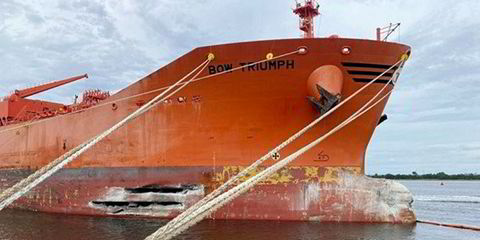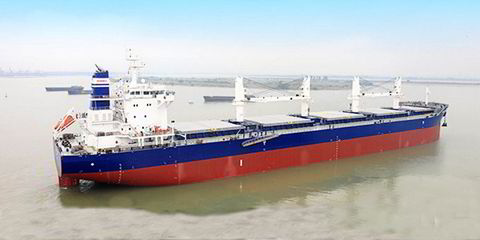A Eukor Car Carrier vessel took the long way when it arrived in Jeddah last week.
The 6,677-ceu Asian Trust (built 2000) was in the Arabian Sea near India on 18 December, when Wallenius Wilhelmsen — which holds a controlling stake in Eukor — directed ships to avoid the Red Sea, prompted by the frequent attacks on vessels by Houthi militants in nearby Yemen.
The car carrier took a sharp left, opting for the Cape of Good Hope, Mediterranean Sea and Suez Canal before finally arriving in Saudi Arabia.
Diversions like these can add roughly two weeks to a ship’s voyage and are expected to boost the already strong car carrier market to even higher levels.
“I don’t think much will change in terms of the supply-demand imbalance for car carriers” due to the Red Sea situation, said VesselsValue analyst Daniel Nash.
“If anything, the supply-demand imbalance should widen from reduced ship call frequency lowering inventories, resulting in even higher freight rates, time charters, and asset values.”
Around 80% of car carrier capacity is already accounted for via multi-year contracts with automakers and other equipment manufacturers.
But Nash said that newbuildings entering the market in the second half of this year would boost the global fleet by 6% but make an even tighter market in the near term.
He said there were 18 or 19 ships available for charter this year, down from 30 last year, while statistics from Oslo-based Gram Car Carriers suggest diversions could soak up as much as 5% of the available tonnage.
Nash pointed to the SFL Corp-owned, 7,000-ceu Wolfsburg (built 2023) as an example of the sky-high rates ships can earn.
Glovis will take the ship on a $150,000 per day two-month time charter later this month before it begins a 10-year charter with Volkswagen.
“It’s never been this high before,” Nash said of the VesselsValue one-year time charter index for car carriers, which sits around $123,500 per day for a standard vessel.
“We could be looking at $150,000 per day on the 1-year 6,500 CEU Index in the first half of this year which would be crazy if instability persists in the Red Sea. This rate level was actually achieved last November for a spot voyage charter from China to Europe.”
For owners with much of their capacity already contracted out, he said he expects owners to levy surcharges to offset higher bunker consumption and volume losses.
Hoegh Autoliners said it would take that course of action but has yet to announce anything.
“If I’m a betting man, I think we’ll see an emergency war risk surcharge for short-term contracts and spot cargo within the next 30 days,” Nash said.
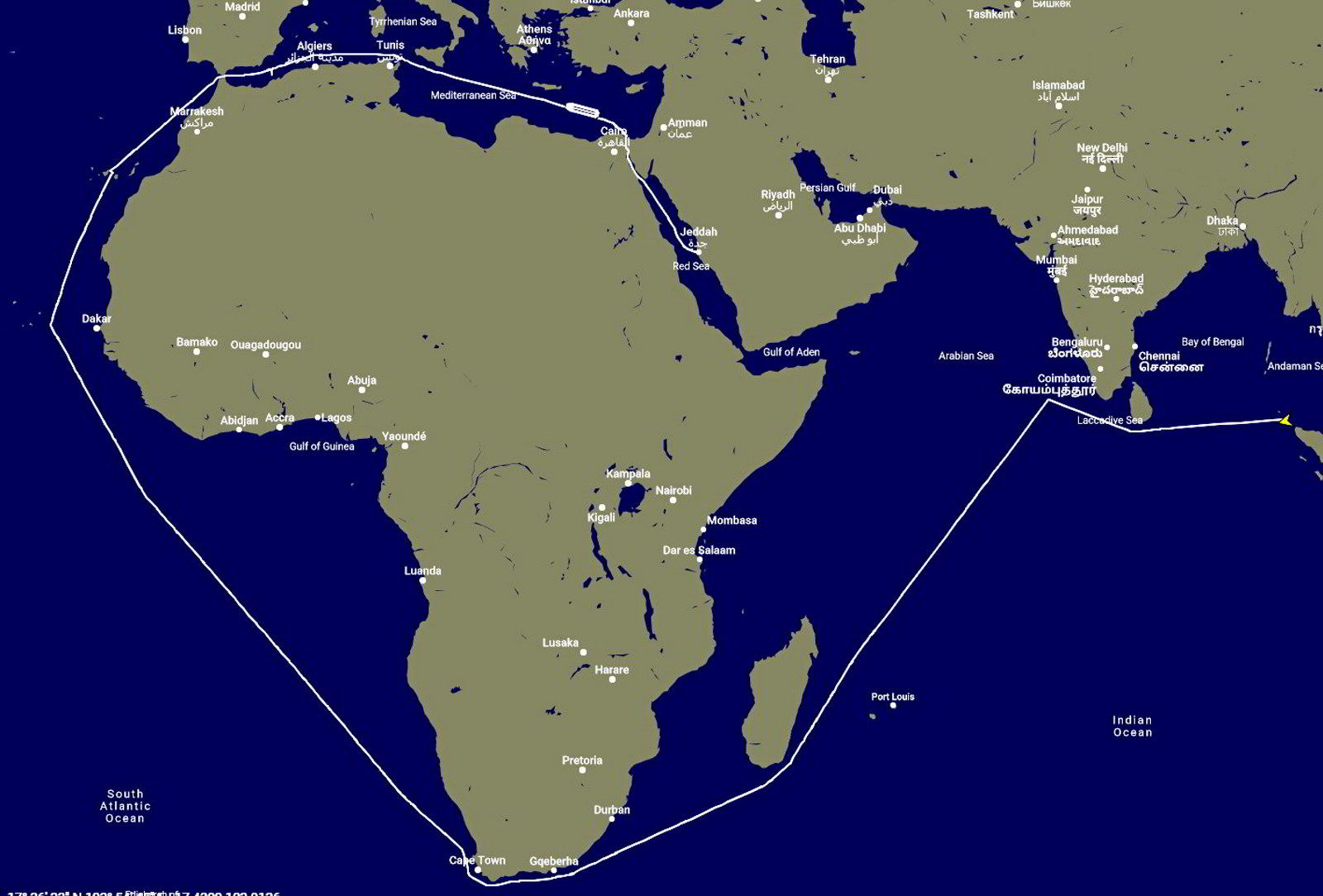
Who’s going where?
All three large Norwegian owners, Wallenius Wilhelmsen, Hoegh Autoliners and Gram Car Carriers, have made the decision to avoid the Red Sea.
But NYK Line and Grimaldi Group continue to sail into the security hotspot, according to AIS data analysed by TradeWinds.
Neither company responded to a request for comment.
NYK was the operator of the 5,100-ceu Galaxy Leader (built 2002) that was hijacked by Houthi militants on 19 November, the first in a string of attacks that stretched through December and into the new year.
The vessel is ultimately owned by Isle of Man-based Ray Car Carriers, which is controlled by Israeli businessman Abraham Ungar.
Neither of the NYK-controlled vessels spotted by TradeWinds on AIS was connected to Ray Car Carriers, rather Japanese owners.
In a statement, Gram Car Carriers said it has a close dialogue with its war risk insurer, government bodies and non-governmental organisations for advice on the situation.
While many expect the disruption to go on for several months, the company left open the possibility the security situation could change at a moment’s notice.
“When they assess the situation to be safe for passage, we will, in cooperation with our technical manager and charterer of the specific vessels, decide if a change of policy is needed,” the company said.
“This is a situation that may change on short notice, but at the moment we do not see any change in the situation that warrants that we will let our vessels go through the Red Sea.”
